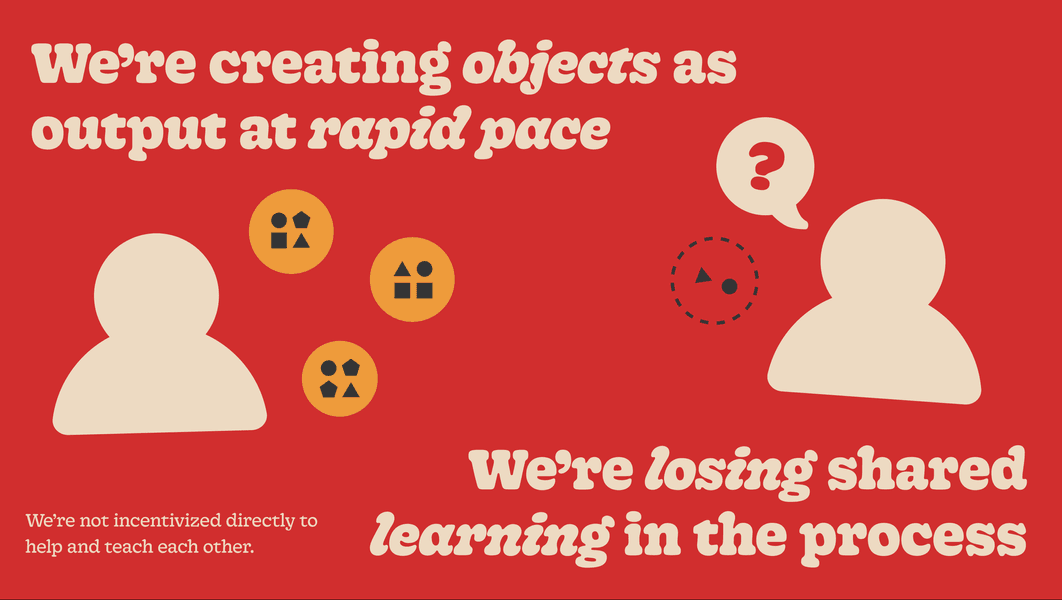Thought provoking

I have noticed that when all the lights are on, people tend to talk about what they are doing – their outer lives. Sitting round in candlelight or firelight, people start to talk about how they are feeling – their inner lives. They speak subjectively, they argue less, there are longer pauses.
To sit alone without any electric light is curiously... See more
To sit alone without any electric light is curiously... See more
Jeanette Winterson • Why I Adore the Night, by Jeanette Winterson
Keltner became convinced that awe could be a counteragent to these immiserating modern neuroses. Notably, not a single respondent in Berkeley’s 26-culture study cited consumer purchases as the source of their awe-story. In “Awe,” Keltner writes: “Awe occurs in a realm separate from the mundane world of materialism, money, acquisition and status... See more
“The cure for imposter syndrome is to realize that all the other people are just convincing imposters, too.” – Alison Gopnik
Morgan Housel • Makes You Think
In some corners of the Internet there’s a fascination with traditionalism, and criticism of the ways the openness and optionality of modernity have left people feeling lost. I’ve always felt like, look, I could never be a traditionalist, because I don’t want to give birth to five kids without anesthesia and spend half of my day cleaning up around... See more
It seems odd to look at achievement through this lens, not as the thing the newspapers tell us it is, but – very often – as a species of mental illness. Those who put up the skyscrapers, write the bestselling books, perform on stage, or make partner may, in fact, be the unwell ones. Whereas the characters who – without agony – can bear an ordinary... See more
The School of Life • Overcoming the Need to Be Exceptional
We are so obsessed with seeing if AI can do the things we do, but the real potential is things humans are in capable of. What can’t you do that is now possible? 
